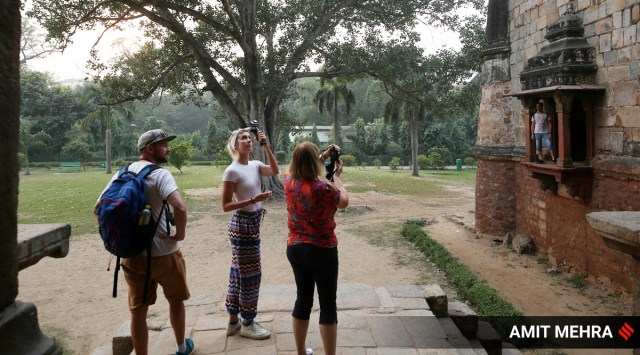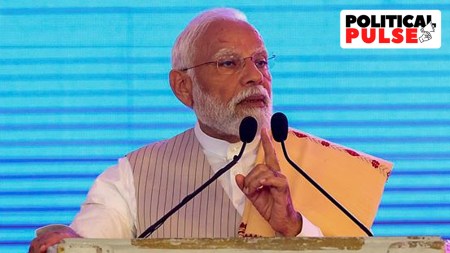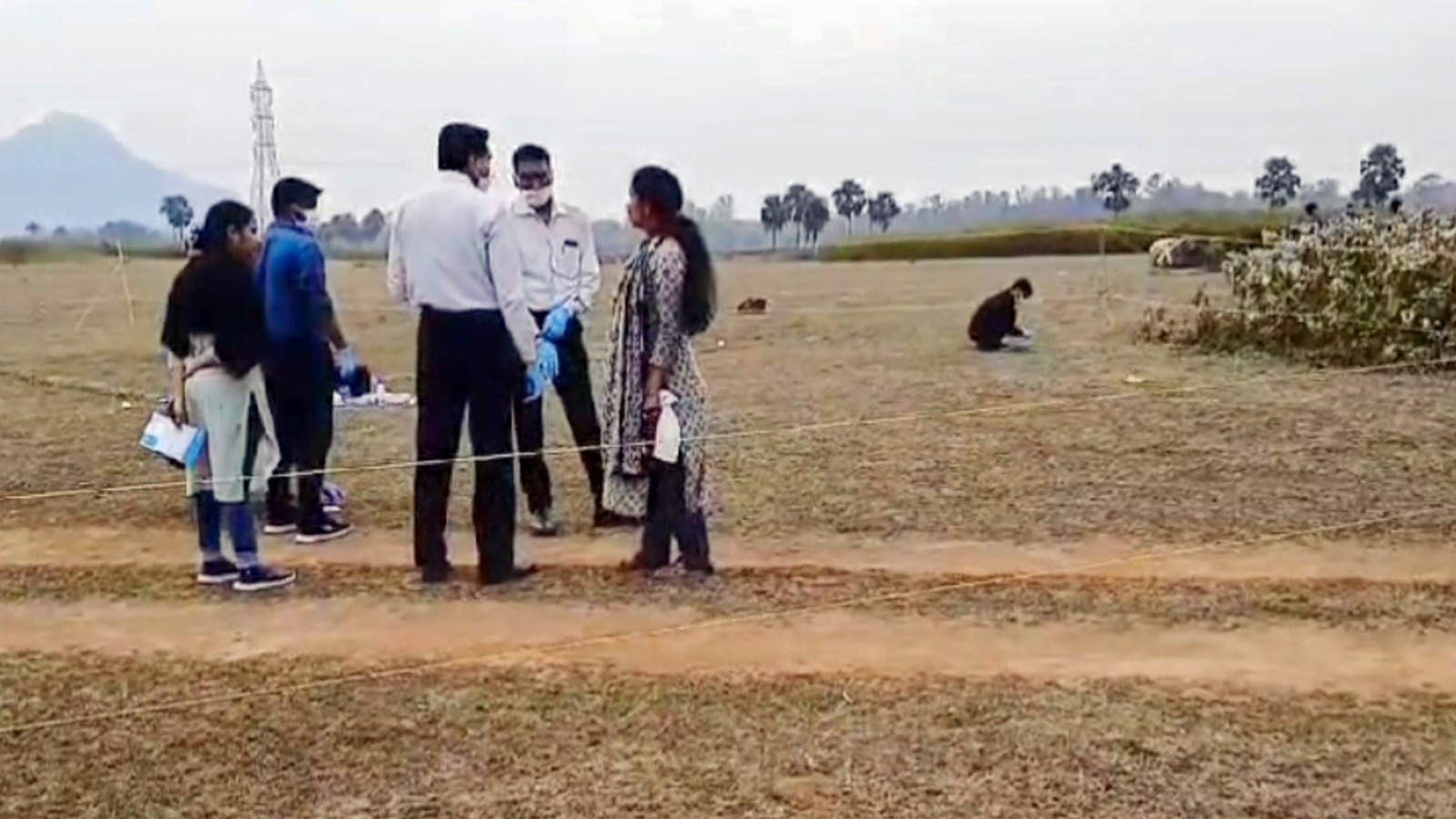The government has introduced a new clause in the Foreigners Order of 1948, which now mandates that foreigners must possess a valid passport or travel documents not only upon entering India, but also throughout their entire stay in the country.
According to the Ministry of Home Affairs (MHA), the term “valid documents” includes emergency certificates, certificates of identity, or any other document issued by the relevant foreign country. This measure was implemented due to instances of foreigners overstaying in India and claiming to have lost their documents.
Previously, the Foreigners Act and Order only mentioned the requirement of holding a valid document upon entry into India. However, it has now been clarified that this document must also be held throughout the individual’s stay in India to prevent any violations.
Sources indicated that if a foreigner is found living in India without valid documents after entering with proper documentation, it can lead to legal complications. The new clause aims to streamline the process of addressing such situations promptly.
In cases of document loss, foreigners are expected to report the matter to the police and contact their embassy for temporary documents.
A new paragraph (3B) has been added to the Foreigners Order, titled “Requirement of holding a valid passport or other valid travel document while living in India.” This paragraph specifies that foreigners must possess a valid passport or other relevant travel document during their stay in India, as per the rules outlined in the Passport (Entry into India) Act.
The paragraph further explains that “other valid travel documents” may include emergency certificates or certificates of identity issued by the foreign country’s government, as long as they meet the requirements specified in the Passport (Entry into India) Rules of 1950.
It is important to note that paragraph 3B has been inserted below paragraph 3A, which deals with exemptions for certain classes of foreigners, such as minority communities from Afghanistan, Bangladesh, and Pakistan seeking shelter in India due to religious persecution.
The MHA clarified that the addition of paragraph 3B is unrelated to the Citizenship Amendment Act (CAA), which grants citizenship to the mentioned minority communities. The CAA, passed in 2019, is yet to be implemented pending the formulation of its rules.
Another new paragraph has been included after paragraph 16, which requires hotels to keep records of foreign guests. This additional paragraph pertains to the submission of reports, applications, or information electronically, as well as the verification of information regarding foreigners in India.











